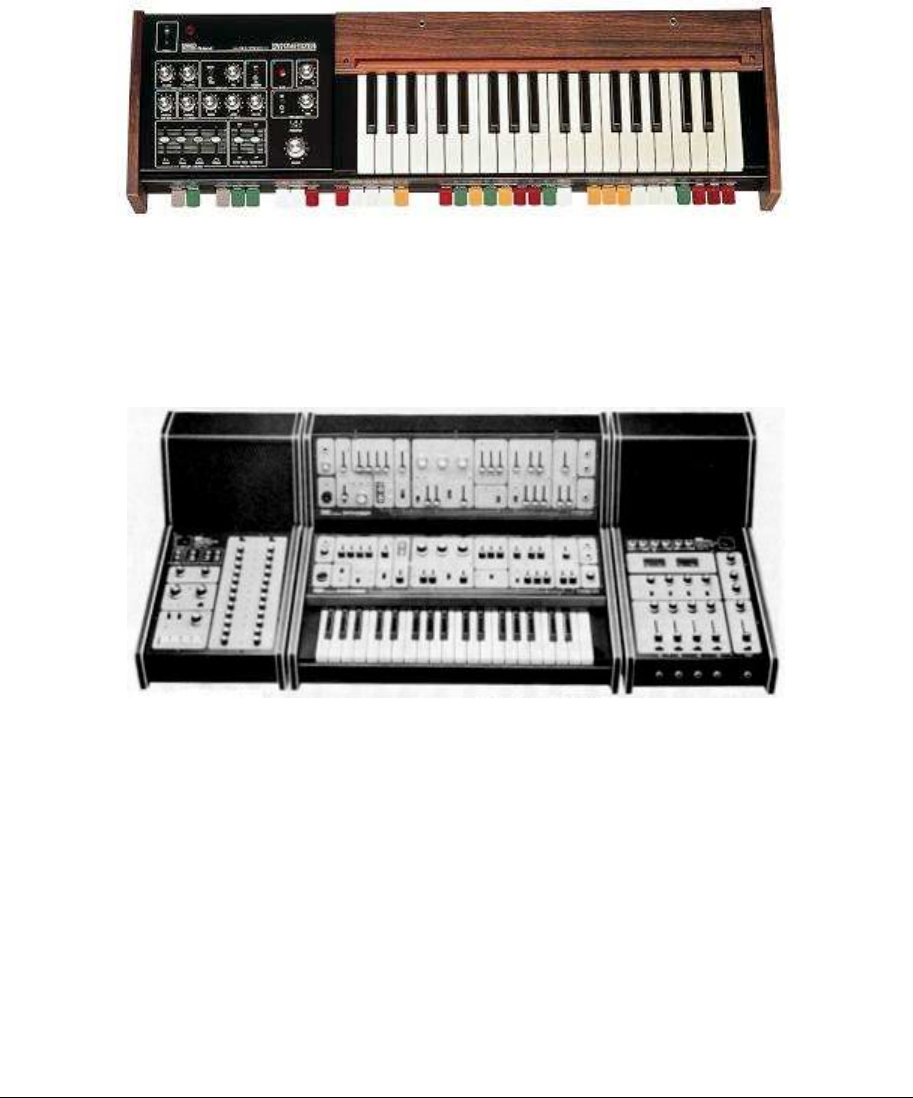
ARTURIA – JUPITER-8V – USER’S MANUAL
9
In 1954 Mr Kakehashi opened an electrical goods and repair shop by the name of
“Kakehashi Musen”. - Later the name was to be changed to Ace Electrical Company. His
initial goal was to produce an electronic instrument capable of generating simple
monophonic melodies, and so he ended up building a Theremin. Looking for a new
challenge, he later built a four-octave organ using parts from a reed organ, bits of
telephones, and simple transistor oscillators. In 1959, he designed and built a Hawaiian
guitar amplifier, but he also went on with his further organ developments.
On the 18th of April 1972, Mr. Kakehashi established the Roland Corporation.
The first synthesizer from Roland was also Japan's first synthesizer. The SH1000 came to
the market in 1973, just before the Korg 700 did. It was a remarkable instrument,
offering 10 preset tones selectable from colored tabs. You could add vibrato, growl and
portamento to modify the sound.
The System 100, launched in 1975, is another Roland monosynth that would become
sought-after long after production stopped. The System 100 consisted of five semi-
modular products. These were the 101 Synthesizer, the 102 Expander, the 103 Mixer
(including a simple reverb), the 104 Sequencer, and the 109 Monitor Speakers. These
units fit together to produce a system that sounded really interesting.
The first results from 1976's expansion in the development team, led to an explosion in
Roland's product range. There were more synthesizers, a piano, more speaker systems
and some now-classic instruments that included the Jupiter-4 Compuphonic polysynth.
The Jupiter-4 was the company's first true polysynth. It used Roland's trademark chorus
and three Unison options that made it a powerful monosynth. There also was an
excellent arpeggiator.


















